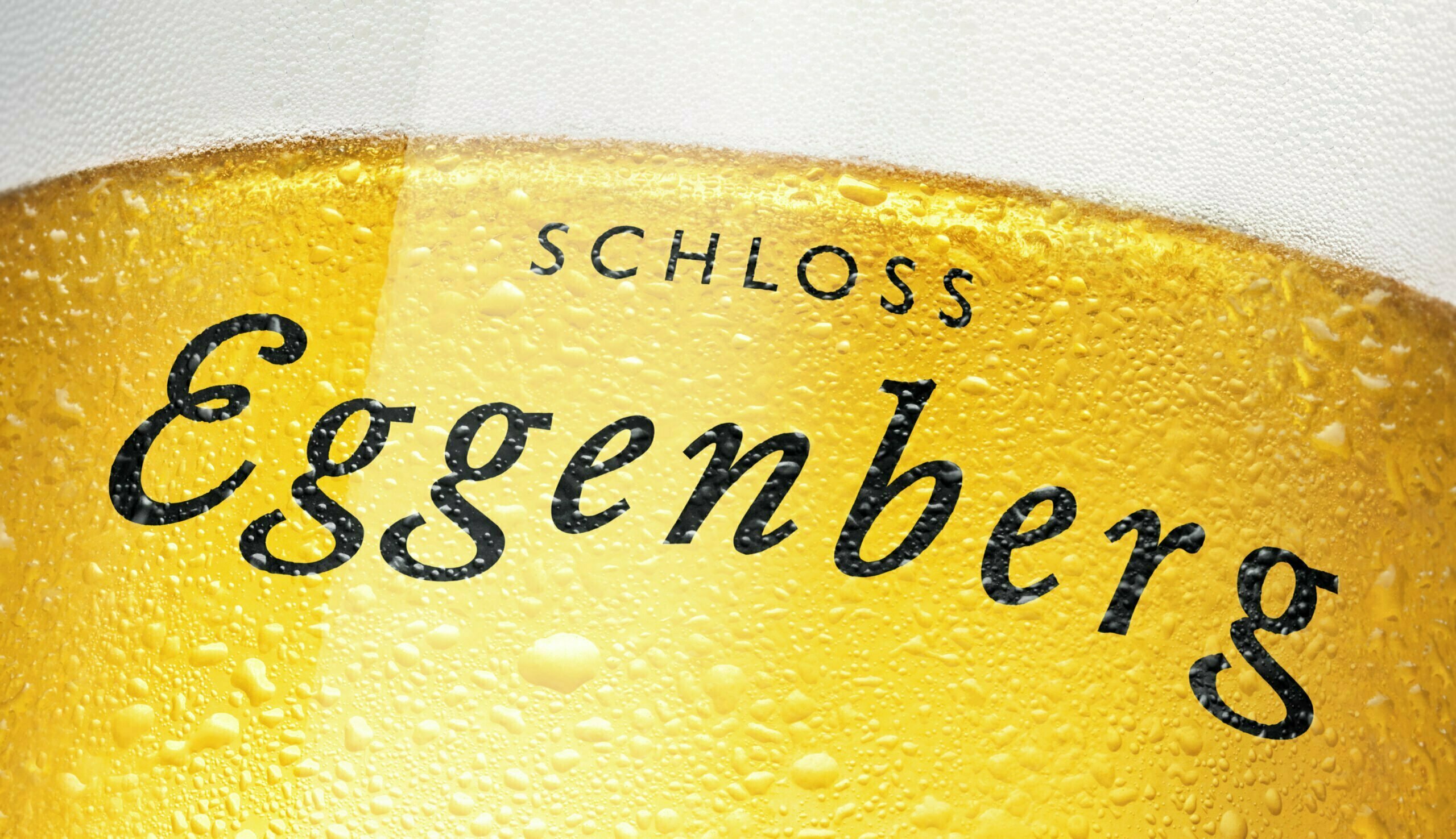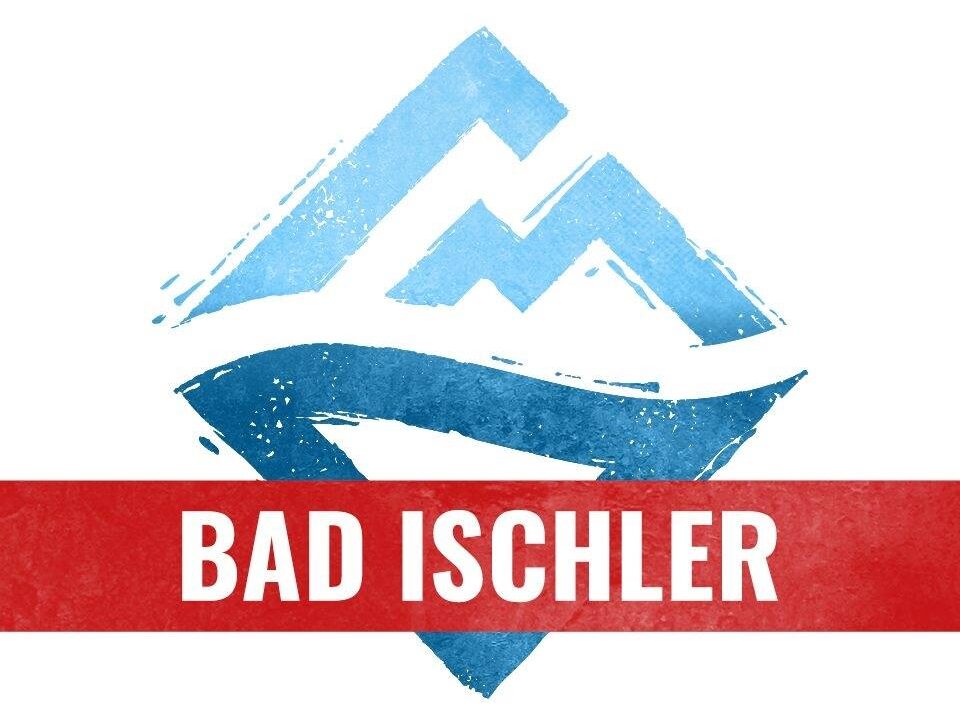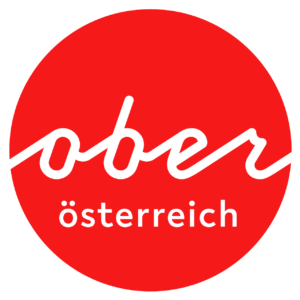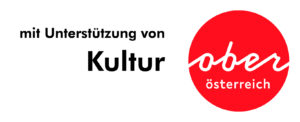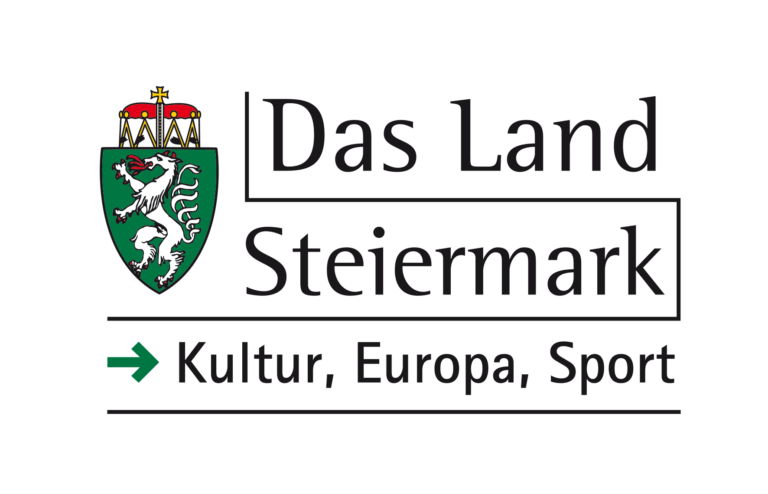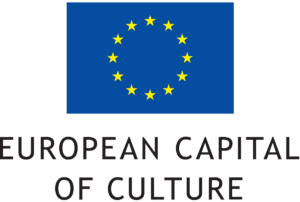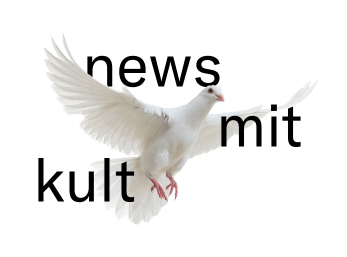FAQs
Since 1985, cities from different countries have been awarded the title for one year. The countries have been determined in advance: in 2024 Austria (after Graz 2003 & Linz 2009) and Estonia will each have a Capital of Culture. Every three years, European cities outside the EU can apply, including in 2024. The three European Capitals of Culture in 2024 are Tartu (Estonia), Bodø (Norway) and the Salzkammergut.
The aim is to make the diversity of lived realities in Europe visible, to promote mutual understanding and to set sustainable goals for urban and regional development. For a few years now, in addition to cities, several locations have been able to jointly apply to be a Capital of Culture region. However, a city (> 10,000 inhabitants) must take the ‘lead’ position in the application. In the case of Salzkammergut 2024, this is Bad Ischl.
Capitals of culture are selected in an open competition organized by the Austrian Federal Chancellery.
3 cities/ regions applied for the Austrian title for 2024: Dornbirn +, St. Pölten and the Salzkammergut. At the end of 2018, all three applicants submitted their first application documents (the first 60-page Bidbook). All three applicants then had the opportunity to present the concept to the European Capital of Culture jury in Vienna. The decision that all three applicants would go into the second and final selection round was made on January 31, 2019.
The application was finalized by October 2019. The second 100-page Bidbook presented the further developed and concretized concept, program, budget and any management questions. At the beginning of November 2019, a delegation of the jury visited the three applicant cities and regions in order to gain a better understanding of the sites. After a final hearing in Vienna in mid-November, in which the applicants presented the concept in a 45 minute presentation and answered the jury’s questions for 75 minutes, the decision in favor of the Salzkammergut was made on November 12, 2019.
The jury’s report on the reasons for the decision can be read here.
A total budget of around 25 million euros is currently secured. Of this, around 15 million euros are allocated to the program budget. The rest is budgeted for personnel, administration, etc. 50% of the program budget, i.e. 7.5 million euros, is reserved for projects from the application book. The other 7.5 million euros are reserved for new projects. The aim is to increase the program budget through sponsoring and cross-financing.
In the case of Salzkammergut 2024 as the Capital of Culture region and the planned 25 million euros, a three-party solution will come into play: the federal, state and local governments are each responsible for contributing one-third of the budget. The municipalities do not have to cover this alone – they are supported by the Melina Mercouri Prize from the European Union to the amount of 1.5 million euros, as well as further EU funds, and funding from local tourism associations and private sponsors. The federal states and the federal government each contribute 10 million euros.
The planned 25 million euros will be fully dedicated to the program, marketing & communication as well as the administration and organization (including staff) of the Capital of Culture. Infrastructure projects cannot be financed with it. In contrast to other Capitals of Culture, we have also made a conscious decision not to focus on new buildings.
Planned infrastructure projects (e.g. renovation work on the Lehartheater, Stadttheater Gmunden, the roofing of Schloss Ort etc.) are borne by the municipalities themselves or privately, but not by the Capital of Culture. For the most part, these are projects that municipalities had planned independently of the award of the title. With the title win, however, the chances of co-financing from other funding sources of the European Union increase.
In addition, the Capital of Culture budget cannot be used to finance existing event formats or to support ongoing cultural operations.
These 23 communities make up the 2024 Capital of Culture Region Salzkammergut:
In Upper Austria: Bad Ischl (lead city), Gmunden, Laakirchen, Bad Goisern, Gosau, Scharnstein, Vorchdorf, Obertraun, St. Konrad, Ebensee, Traunkirchen, Hallstatt, Roitham, Pettenbach, Grünau, Steinbach, Kirchham, Altmünster, Unterach;
In Styria: Bad Aussee, Altaussee, Grundlsee, Bad Mitterndorf.
The majority of the projects will take place in 2024, the year of the European Capital of Culture. Our aim is to take sufficient time and care with the selection and coordination of the final program to ensure ist greatest eventual success. Participatory events will take place during the program development phase, starting in 2021. We plan to present the completed Capital of Culture program to the public in 2023, but individual projects may start before this. The public will be kept well informed in advance of all program events and developments.
The bid book of the final round serves de facto as a contract between the Capital of Culture and the European jury, the Austrian Federal Chancellery, the European Commission and its own population. The realization of the essential elements of the bid book is seen as a fundamental criterion for the payment of the Melina Mercouri Prize of the EU in the amount of 1.5 million euros. Any and all significant deviations from the content of the bid book must be discussed in advance with the jury (via the European Commission).
There are many opportunities to take part leading up to and in 2024. For example, any jobs available with the Capital of Culture Bad Ischl – Salzkammergut 2024 GmbH will be advertised. Even before the year 2024, there will also be participatory formats and projects in which everyone in the Salzkammergut region, no matter whether they were born here, are temporarily living here or are just visiting, are invited to take part in. We continuously provide information about opportunities for participation on our website and via social media. An intitial communication project has already been realized. Over the course of a tour of all of the 23 partner communities, we were able to collect requests for 2024 and network even more closely. The Baukulturstammtisch format, or a regular’s table for construction culture, has also been organized in cooperation with the afo (Architekturforum Oberösterreich) in the Salzkammergut region since 2020.
Short-term planning in terms of regional cultural development is pointless. This is why the application for the European Capital of Culture was linked from the very beginning to the development of a regional cultural development plan (Cultural Vision Salzkammergut 2030). With this participatory plan, which represents an important sustainable, cultural policy framework for action, we want to jointly shape the guidelines and framework conditions for cultural creativity in the Salzkammergut region in the coming decades.
An open call for projects was conducted through September 30, 2021 during which project proposals could be submitted via the email address progamm@salzkammergut-2024.at.
This deadline has now passed, but there will again be numerous opportunities to actively take part in the project 2024 European Capital of Culture Bad Ischl – Salzkammergut in the future.
Yes, definitely! There are many ways to actively participate in the 2024 European Capital of Culture in the Salzkammergut region. Many projects that are currently being developed have a participatory focus. This means you can easily join in and participate!
Another way to get involved in the Capital of Culture will be through the Volunteers’ Program. Volunteers help with the realization of events and are the first point of contact for visitors on site.
A few projects will be in-house productions of the Capital of Culture Bad Ischl – Salzkammergut 2024 GmbH. The majority of the projects, however, are designed as co-productions. In these cases, the Capital of Culture Bad Ischl – Salzkammergut 2024 GmbH concludes contracts with project sponsors who are responsible for the realization of the project. The Capital of Culture GmbH supports them in the realization and coordinates continuously with those responsible for the project. In this manner, we intend to provide a special focus for supporting those involved in culture on a regional level and sustainably anchors these projects so that they last beyond 2024.
Criteria were defined for the selection of projects based on the successful application concept and the EU specifications for Capitals of Culture. Each project has been reviewed and evaluated internally by the program management and the program team on the basis of these criteria.
Before a contract is signed with the project sponsors, the controlling advisory board (composed of members from the Austrian federal government, the states of Upper Austria and Styria, and the management of the GmbH) verifies the proper use of the funding.
In accordance with federal and state guidelines, the Capital of Culture GmbH may only fund projects that have been designed for the Capital of Culture. Accordingly, ongoing series of events or projects may not be funded. We are also not permitted to finance infrastructural investments.
We are striving to put together a diverse, exciting schedule of programming. We currently have around €15 million at our disposal for this purpose. We aim to increase the program budget through sponsorship and cross-financing. Some projects are particularly well suited for cross-financing through national or EU funding instruments. Even if cross-financing and increasing the project budget is desirable in many cases, there is no obligation on the part of the Capital of Culture GmbH to provide cross-financing.
We want to ensure that we have sufficient time to devote a great deal of attention to the selection and compilation of the schedule of programming. The majority of the projects will take place in 2024. Participatory formats and events already began to take place in the years before the European Capital of Culture, starting in 2021. We plan to present the complete schedule of programming for the Capital of Culture year to the public in 2023. Individual projects will start before 2023. We will provide this information in a timely manner.

